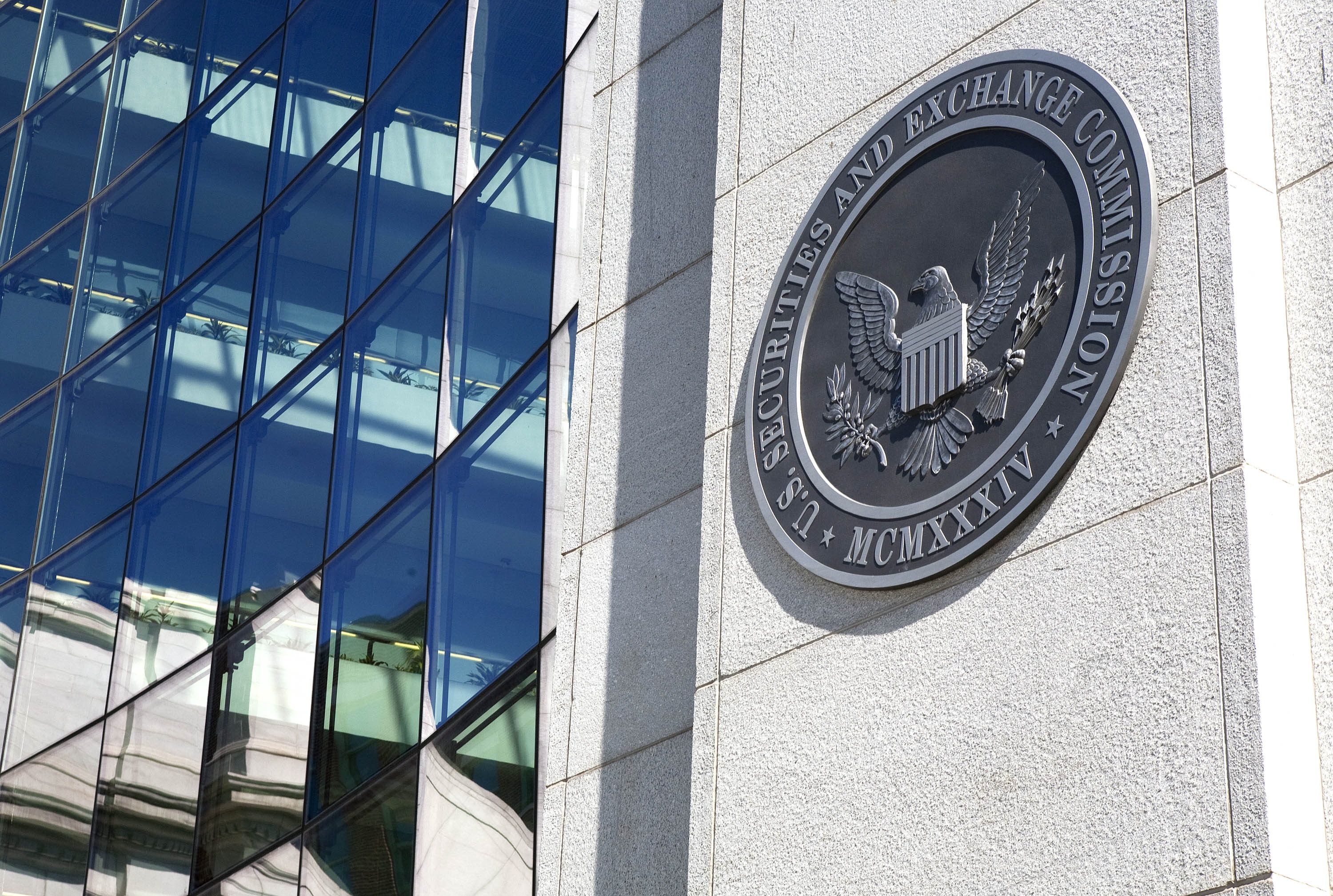

Joshua Roberts/Bloomberg News
Over the past year, we have heard the SEC argue that investors should be given greater access to the private markets. We have seen the proliferation of online trading platforms, zero commission trading, and apps that provide investors with easy and continuous access to options and stock markets. Across all fronts, investors are being presented with a greater array of investment options, lower barriers to entry, and easy access to the markets. But is this really a good thing for investors?
As we discuss the democratization of investing, we must first understand what it is that we are talking about. Trading and investing are not the same thing and the terms should not be used interchangeably. Trading is focused on the short term, while investing is a longer term strategy. Because the time frames are different, the goals and considerations are different. While investing is important for those who want to put money away for retirement or other life events, trading is often not the right way for those individuals to achieve those goals. So yes, more people should be investing, but more people should not necessarily be trading.
Simply agreeing that more people should be investing does not mean investors will benefit from access to all aspects of the markets. Different sectors of the market are regulated differently. For example, the private markets are subject to less stringent regulations than the public markets. This is due, in part, to the idea that investors in these markets are able to do their own due diligence. For this reason, private securities are generally sold to accredited investors, who meet income and net worth thresholds and, presumably, can sustain the higher risks of these investments and potential losses.
However, the income and net worth thresholds have not been updated in almost 40 years. Today, far higher numbers of investors qualify as accredited investors even though they have far too little saved to retire in comfort. So although they may technically have access to these private investments by virtue of inflation and time, these investors are hardly the wealthy investors who can afford to take significant risks with their savings. Unfortunately, the money often invested by these investors is a core portion of the person’s retirement savings. If someone is investing in the private markets, they should be financially secure enough to be able to take the risk associated with the investment.
Investors also have fewer protections when they invest on their own through self-directed accounts. For example, the SEC’s newly enacted Regulation Best Interest applies when a recommendation is made. It doesn’t apply when the investor chooses their own investments. Here too, investors are left to fend for themselves.
This takes us to a more significant issue. The financial markets assume that investors are informed and financially literate. However, the research shows that investors lack basic understanding about their accounts, the financial professionals with whom they do business, and the expenses associated with investing. A recent study by the FINRA Foundation and NORC at the University of Chicago demonstrates that those new to investing could only answer 1.4 out of 5 questions about basic investment knowledge correctly. Even the experienced investors on average only answered 2.3 out of the 5 questions correctly. Those investors that self-assessed their investment knowledge as “high/very high” still scored low on the investment knowledge questions. Across all categories of investors, a large number of investors did not know the types and amount of costs assessed on their trades, or whether the account allowed for purchasing on margin.
In the same study, investors were asked about the risks they were willing to assume when investing. Most said they were willing to take average risk to get average returns. But when these same investors cannot answer basic investment knowledge questions correctly, why do we assume that they can assess risk accurately?
Yet, when these same investors are presented with an offer to invest in a private placement, the securities regulations assume the investors don’t need protection. Unfortunately, many investors don’t realize this. They think their advisor is looking out for them. A 2018 RAND Corporation report on investor testing of disclosures provided to investors shows that most investors do not understand the differences between brokers and investment advisors or the standards governing investment advice, and that investors largely rely on those professionals rather than written disclosures.
Even if the investor wanted to vet the recommendations themselves, experience demonstrates that investors are not particularly good at assessing risks. For example, many of our clients have been sold private placements or complex investments and have ended up losing substantial sums thinking they were conservatively invested. Most do not understand basic aspects of their investments, like that there is no secondary market for these products, that their principal is at significant risk, or that they are being paid “income” that is actually a return of their own principal investment.
Younger, new investors who invest on their own through self-directed accounts are equally ill suited to make smart choices about investing. We regularly see these investors losing substantial sums after they have engaged in options trading they did not understand, often on margin. You do not need to look further than the recent example of young investors rushing to get in on the GameStop frenzy where the price bore no relation to the fundamentals of the company and, predictably, dropped like a stone. Many try to protect themselves, doing research, following the strategies; but they simply cannot assess the risk.
Before we encourage investors to access the markets, we must first deal with the deficiencies in investor literacy. Otherwise, investors will continue to be left thinking they are taking appropriate risk, planning for their retirements, and doing the right thing, while in reality they are betting their futures on advice they can’t trust and securities and strategies they do not understand.
Leave a Reply